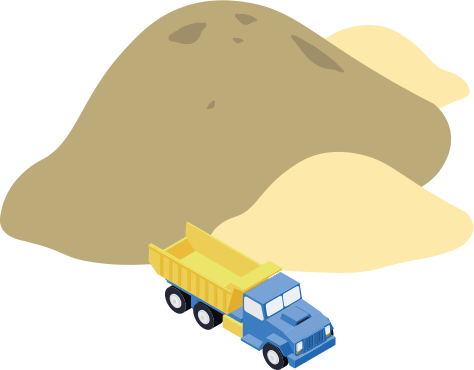With organic search, where you aren’t paying every time someone clicks, it doesn’t much matter why someone is coming to your site. If they are looking for something else, well, they’ll just leave.
Sometimes even in organic search we try to reduce unwanted clicks, just because they can make it hard to read what is actually going on with your Internet Marketing. We had that situation where an article on our site about salesmanship was number one world-wide on a common Google search. Wonderful, except it didn’t generate any business or even leads. Not the business we’re in. In that case we took the page down.
With click ads it does matter, of course, because every click that doesn’t result in action on the part of the visitor, costs you money.
Fine if they are looking for someone like you, but just decide to go elsewhere after viewing your site.
But it is common to find searchers clicking on your ad (for which you are paying!) on searches that have nothing to do with what you are selling or offering.
There’s no perfect solution to this problem but there are three main ways to limit it:
1. Using negative keywords. Usually there will be certain searches you can distinguish by their search terms, as not who you’re looking for (you have to have good web analytics that give you all the actual search terms). If you’re renting condos on Clearwater Beach, a search with the words “Destin” or “Texas” in it is not going to get you a customer. So you add these as “negative keywords” to block such searches.
2. Get rid of search terms with low CTR’s and lots of clicks. This is the problem with very general terms like “vacation” for a company that rents beachfront condos. There are huge numbers of searches on “vacation” so your ad is being served up in huge quantities. Your term is so general that only the tiniest fraction of searchers on that term are actually looking for what you sell. Even with a very low CTR, you can get lots of clicks – and use up your budget causing you to miss clicks on much more specific search terms.
But, if you have a CTR something like 0.1% on a keyword, chances are MOST of the clicks on your ad are accidental, malicious, made out of confusion, or just someone looking for something else. Maybe they are just looking for a picture of a sunset!
So a basic action in running a click ad campaign is to look at the CTR of your keywords and investigate those which are low (there can be several reasons for a low CTR).
3. Limit where your ad is being served – geographically or what part of Google (or other search engine’s) network.
Geographically, sometimes you are selling goods or services that are only of interest locally. If you’re in Milwaukee, why run your ad in Spokane? Any clicks, whether accidental or not, are not going to result in business.
Then, frequently Google’s “AdSense” network generates leads of very poor quality. This is where Google serves up your ad on other websites (mostly news sites and portals) when it thinks your ad is relevant to what else is on the site. You can now select which of these your ad shows on, but a lot of the time it isn’t worth running your ads on AdSense at all.
Finally, Google has many partner search engines who run Google click ads. A lot of them, however, are way less careful than Google about when they serve up your ad, resulting in lots of garbage clicks from people searching for something else. That may not be possible to handle with negative keywords, but you can completely opt out of the partner networks.
Optimizing a click ad campaign very definitely includes addressing all three of these, and revisiting them from time to time (On the Internet, things change).
Bad Clicks – More on Running Click Ad Campaigns
Rich Byrd
Bad Clicks – More on Running Click Ad Campaigns








